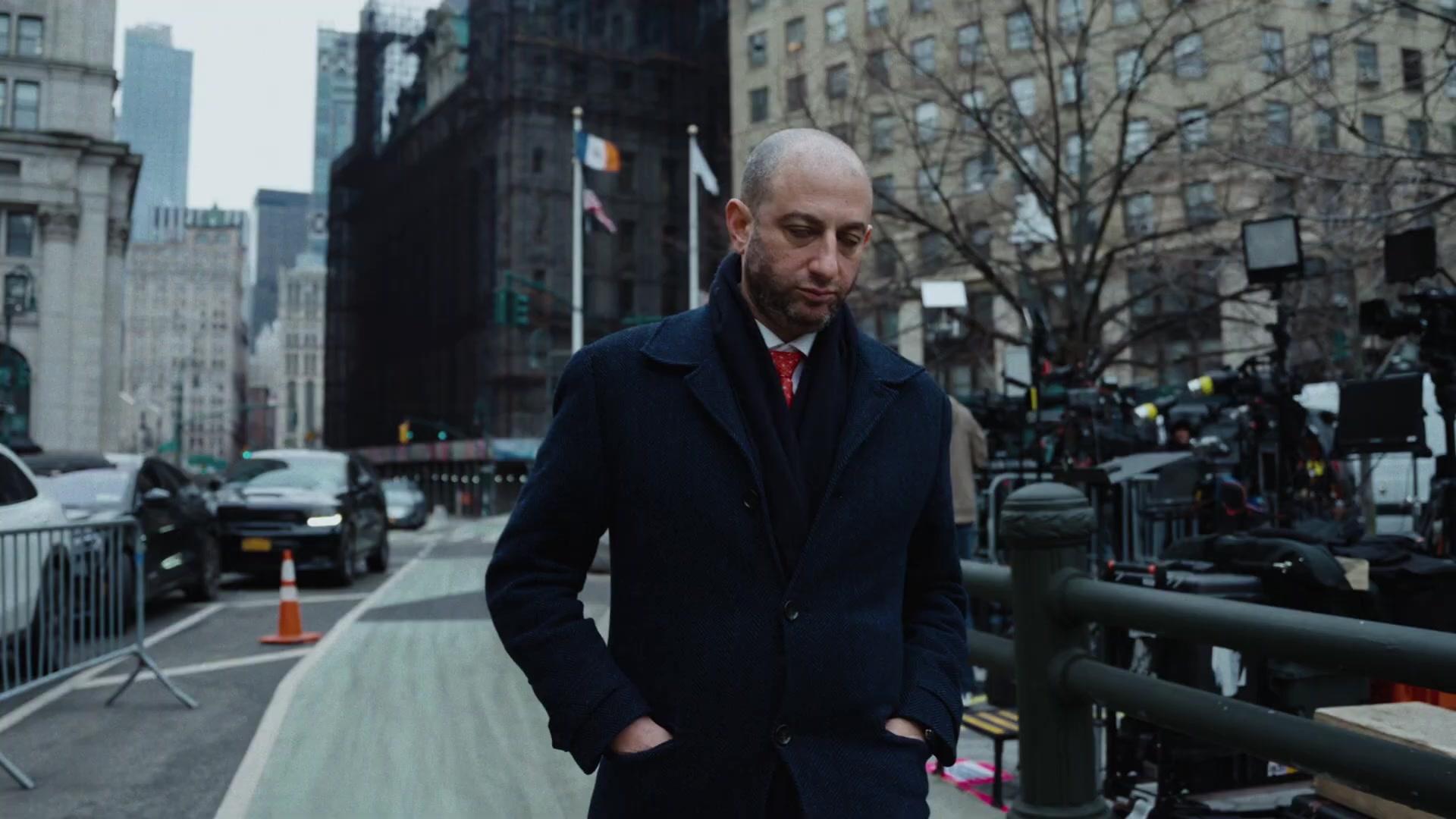Marijuana Possession Law
The Current State of Marijuana Laws
Millions of Americans smoke marijuana on a regular basis. They do so either for recreation or medical purposes. Laws surrounding marijuana possession have been easing up in recent years. This trend has led many people to worry less about smoking or owning marijuana in a way that may be apparent to law enforcement. But marijuana possession is still a crime in many states and can be punishable by jail time. Knowing the law in your state is essential to fighting and minimizing a marijuana possession charge.Marijuana Possession Law
The Evolution of Cannabis Legislation
The field of marijuana possession law has changed significantly over the past two decades. This drug has gone from a complete pariah to one that is frequently used legally in a large number of states. Millions of dollars are made each year on the sale of legal marijuana and there are a large number of industries that have emerged to capitalize on the trend. While legal marijuana is a fact of life for a large number of Americans, there are still many areas where it is not allowed in any way, shape, or form.Federal Classification
15,000+
Federal Cases Filed Annually
90%
Plea Before Trial
Penalties in States Where Marijuana Remains Illegal
As a result, people who are arrested for possession of marijuana in states such as New York can face significant fines and even jail time. These penalties are compounded if a person can be charged with manufacturing or distribution of marijuana as well as possession. Possession is often seen as the "easy" charge that opens an individual up to much more serious charges.How Possession Law is Prosecuted
The Typical Arrest Process
Possession law is prosecuted in a handful of different ways. In most instances, it is viewed as a simplistic arrest. A person is often only arrested if the substance is found on their body or on their person. Law enforcement personnel submit this substance as evidence. Then, there is a significant burden of proof for an individual to show why the substance was found on them. If there is no plausible answer backed up by corroborating evidence, the marijuana and testimony from an arresting officer is often all that is needed to garner a conviction on a marijuana possession charge. Officers may also seek the testimony of other witnesses and the collection of drug paraphernalia to point to a possession charge.What to Do
Securing Release and Legal Representation

Defense Team Spotlight
Todd Spodek
Lead Attorney & Founder
Featured on Netflix’s “Inventing Anna,” Todd brings decades of experience defending clients in complex criminal cases.
Why Legal Counsel is Essential
Lawyers will help an individual build their best possible case and take advantage of any potential problems with the prosecution. Ignoring the help of a lawyer will result in a person losing their case and facing serious repercussions in the vast majority of instances. Even the most minor marijuana possession cases could lead to a person facing jail time and the potential loss of their job and dignity. These negative factors mean that a lawyer will be well worth the cost no matter how minor a possession charge might be.Conclusion
Marijuana possession remains a serious situation in many states across the country. Even in states where marijana is ostensibly legal, it is still possible fora person to own it illegally. Anyone with marijuana or considering acquiring it should be aware of these laws and their impact on a person's life and potential freedom. THey should consider all of these circumstances before they decide to indulge.Frequently Asked Questions
No. You have the right to remain silent and the right to an attorney. Invoke both rights immediately and contact Spodek Law Group.
Every case is different. We offer free initial consultations to evaluate your case and discuss our fee structure.
An arraignment is your first court appearance where charges are formally read. You enter a plea and bail may be set. Having an attorney present is critical.








